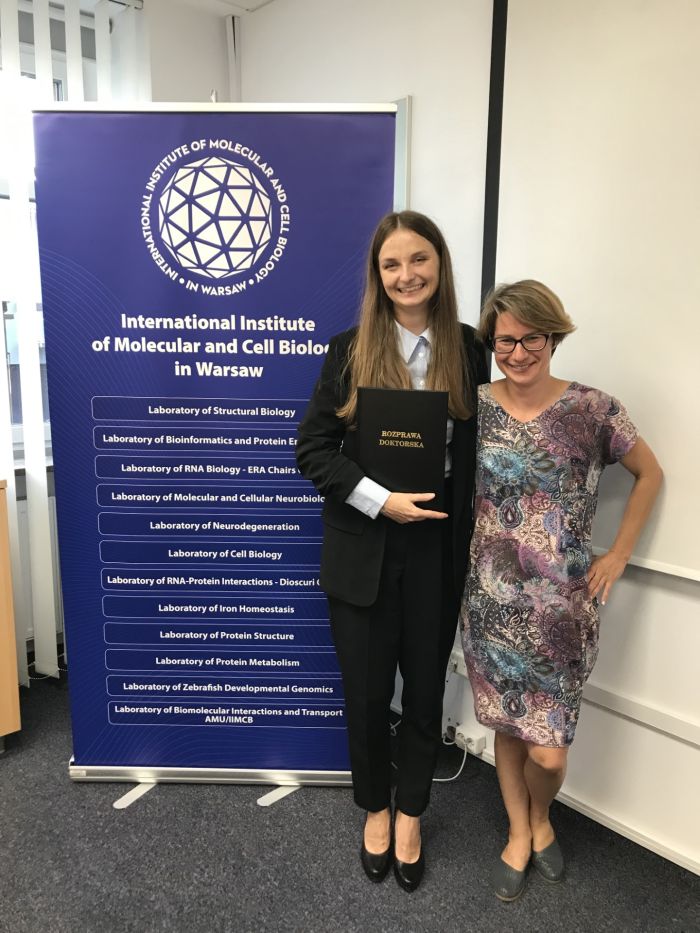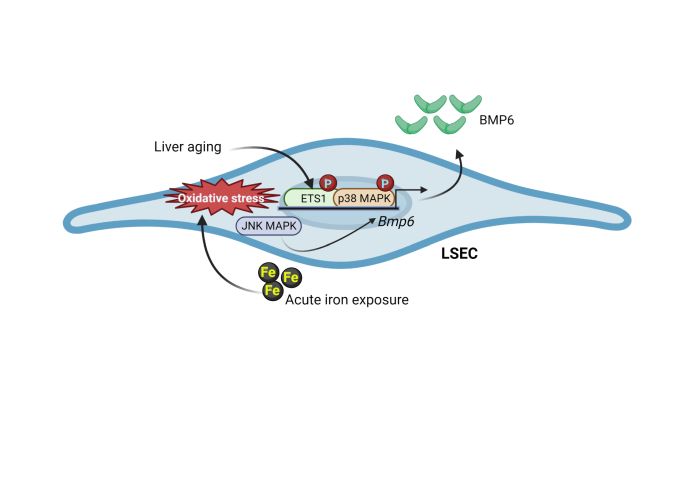
Polish researchers from the International Institute of Molecular and Cell Biology in Warsaw have discovered a new mechanism for regulating iron levels in the body. They emphasize that strict control of the levels of this element is very important for health.
Gabriela Żurawska from the Laboratory of Iron Homeostasis at the International Institute of Molecular and Cell Biology, and team leader Katarzyna Mleczko-Sanecka, describe their discovery in the American Journal of Hematology. They believe that the results of this research may have applications in medicine and lead to new therapies.
Iron deficiency is one of the most important health challenges. Anaemia related to too low levels of this microelement affects 1.2 billion people worldwide. It affects both children and adults, especially pregnant women.
Iron is necessary for many important functions of the body: it affects tissue growth and regeneration, the body's immunity, the work of the heart muscle, and the functioning of muscles. Its deficiency may cause chronic fatigue. However, both iron deficiency and excess can be harmful to the body, leading to organ damage and the development of diseases. Therefore, as the Polish researchers argue, the level of iron in the body should be strictly controlled.

In the paper 'Iron-triggered signaling via ETS1 and the p38/JNK MAPK pathway regulates Bmp6 expression', specialists from the International Institute of Molecular and Cell Biology point out that it was only in the last two decades that the molecular mechanisms controlling iron levels in the human body were discovered. A small hormone produced by the liver, called hepcidin, was described as a key regulator of systemic iron homeostasis. Scientists subsequently identified another protein, the cytokine BMP6, which activates hepcidin production. BMP6 acts as an 'iron sensor' - the synthesis of this protein increases with excess iron in the body.

'However, the molecular mechanisms responsible for the regulation of BMP6 by iron levels in the body are still poorly understood,’ the scientists point out.
In the new publication, they describe their discovery of a new cellular signalling pathway that induces BMP6 under conditions of iron excess, consisting of MAP kinases and a factor called ETS1. The researchers have shown that these proteins are activated by free radicals generated by iron accumulation and directly bind to DNA to induce increased BMP6 expression.
According to the scientists, this discovery may pave the way for new therapies aimed at correcting iron balance by modulating BMP6 levels and potentially help diagnose the genetic basis of iron metabolism disorders of previously unknown cause.
Find out more on this topic on the website. (PAP)
PAP - Science in Poland
zbw/ bar/ kap/
tr. RL













